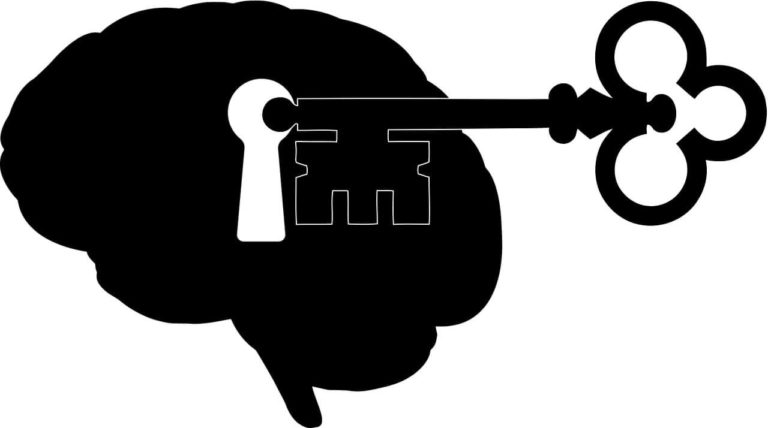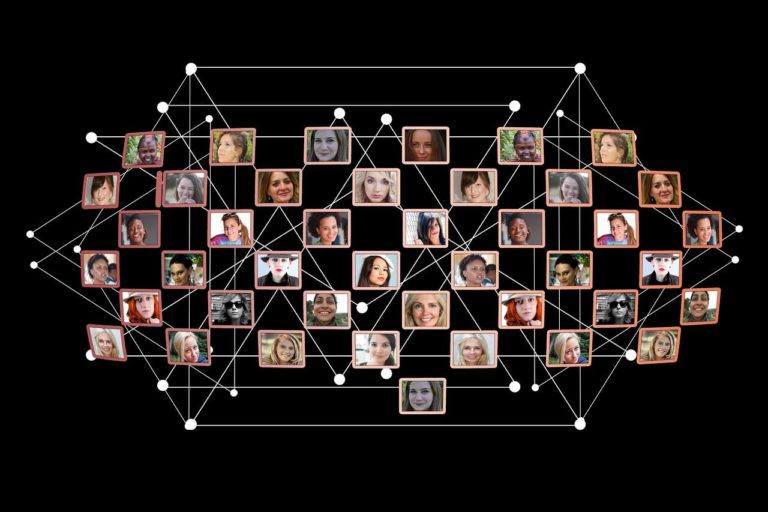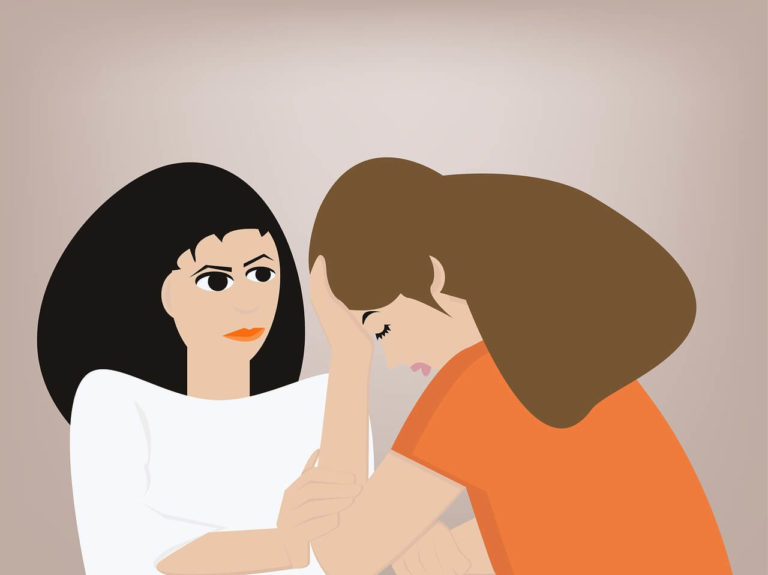Why you Should Study Psychology?

The word “Psychology” originates from two Greek words, “Psych” and “Logos”. Psych means mind, spirit, consciousness or awareness, and Logos means the science of or study of. Hence, Psych -Logos is the study of or science of the mind, spirit, and consciousness.
To start your career in any field, you should always figure out if you are passionate about it or not. Ask yourself questions like- why you should study psychology and the reasons behind it. Do you want to change careers, or is it simply of interest to you? No matter you’re reasoning, you will find some good reasons to study Psychology.
Thus, let us have a look at the 9 best reasons why you should study psychology.
1. Understand Yourself Better
Learn about the different approaches to personality, human development, or how culture impacts our behaviour. Learn about how people tend to behave in given situations, and therefore understand your own motivations in life.
Study different mental health disorders and know if any of the different symptoms apply to you. Discover how to manage stress and anxiety with breathing and mindfulness techniques or pharmacology. Learn about child development to become a better parent or understand your own upbringing. Know what to expect later in life with ageing. Learn about different types of relationships and how you can improve your own.
2. Value Scientific Methods
Psychology is based on scientific methods of discovery. Real research goes into the theories you are taught, with experiments set up in such a way as to be irrefutable. Psychologists use lab reports and a series of controlled experiments to test their hypotheses before sharing their findings. Psychology is certainly not magic; it’s not just about analysing body language or behaviour but is backed up by hard science and rigorous testing.
Psychiatrists and counsellors use psychology tools to obtain relevant data about an individual’s cognitive abilities, personality traits, and emotions. That way, they can create effective, personalized treatment strategies. These tools are downloadable online and are usually free.
The Wechsler Adult Intelligence Scale (WAIS) measures cognitive abilities, including verbal comprehension, perceptual reasoning, working memory, and processing speed. Another tool, the Rorschach Inkblot Test, involves individuals interpreting a series of inkblots, which reveals underlying thought processes and emotional states.
Aside from using psychology tools, psychologists adeptly design studies to gather pertinent data. They make crucial decisions about methodologies, participant selection, and research materials. The data collection phase unfolds through diverse means such as experiments, surveys, observations, interviews, or archival research. Psychologists employ statistical techniques to scrutinize the amassed data for patterns and relationships, drawing well-founded conclusions from their analyses.
Before wider acceptance, the research undergoes meticulous peer review by fellow experts and is subsequently published in reputable scientific journals. The practice of replication, wherein other researchers recreate the study to validate the findings, contributes to the reliability of outcomes. Throughout these stages, ethical considerations remain paramount to ensure the welfare and rights of participants.
Ultimately, the knowledge gained from this methodical inquiry finds meaningful applications in real-world scenarios, encompassing domains from clinical interventions to educational strategies. It embodies the symbiotic relationship between advancing scientific understanding and improving human well-being.
3. Understand Human Relationships Better

When studying Psychology, you will learn about different types of relationships and how to navigate them better. For example, Psychology teaches us that relationships go through a honeymoon phase and a friendship phase, after about 6 months when the passionate love turns to a more familiar companionship bond. Some people break up when the passion fades, but a real Psychologist knows that this is a normal part of a healthy relationship’s progression.
Psychologists are not immune to depression or anxiety, or even addictions, but they can learn how to overcome these issues with ease through tried and tested methods.
4. Appreciate the Stages of Human Development
It is essential to understand how we develop and change throughout our lives. There are certain vital milestones that we go through throughout childhood and adolescence, and it is important to recognise these. Again, in adult life, we go through stages, right through middle age to the elderly, and learning about these may make you want to work with particular age groups.
If you study Child Psychology, you will learn all about their milestones and the significant issues that young people may encounter. You may find yourself wanting to work with and support young people as a result of your studies.
5. Understand Mental Illness

Mental illness can be confusing, and there are several myths out there to add to the confusion. Studying Psychology will help you define the differences between syndromes, disorders, and diseases. You will soon learn that medication is a treatment, not a cure. You will learn how to diagnose patients with mental illness and understand the nuances of conditions like depression, anxiety disorder or schizophrenia.


![]() 10 minutes
10 minutes